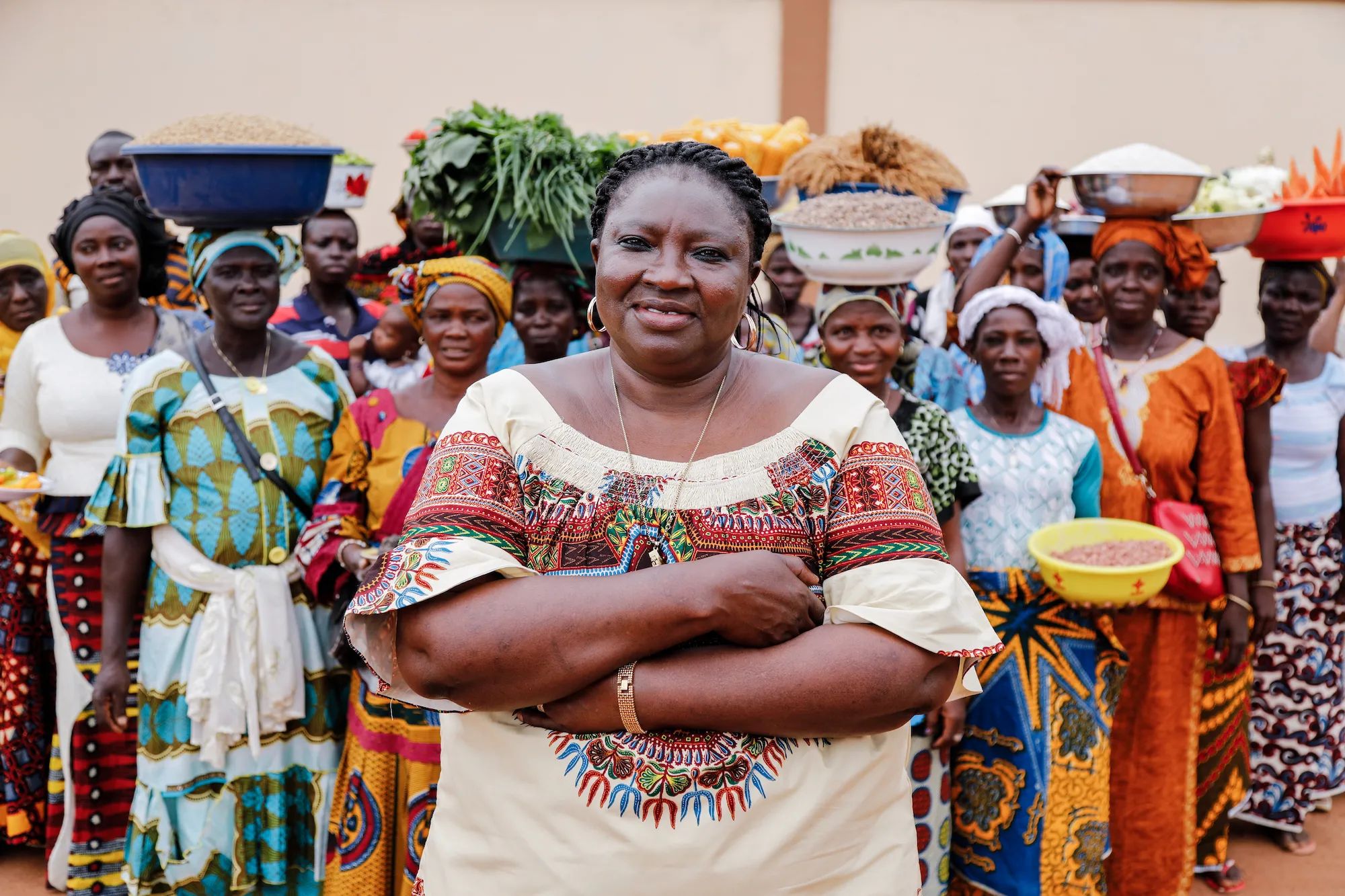CARE is responding to this injustice by launching its Access Approved campaign. We are calling on the financial sector to develop products and services that are specifically designed to meet the needs of women.
Better serving women is not only the right thing to do, it’s the smart thing to do. We know that women are a high-value investment. Evidence shows that women are stronger savers than men, more responsible borrowers and calculated risk-takers. We also know that giving women better access to financial tools could unlock $330 billion in annual global revenue. The business case is clear.
If there were more women to decide on who gets a loan, things would be different.
Men dominate the financial sector and historically financial products and services have been designed by and for men. Women continually feel exasperated by the way financial companies serve them, citing disrespect, poor advice, contradictory policies, and seemingly endless red tape and one-size-fits-all forms.
CARE works with women on saving money collectively, developing business skills and accessing affordable loans. In Ethiopia, support for 5,000 women entrepreneurs resulted in a 500 percent increase in income. At the project’s start, 70 percent of the women had no savings and by the end that number has dropped to 3.6 percent. Through CARE’s partnership with a microfinance provider, many of the women were also able to access low-interest loans, which they are now successfully repaying.
Saving is a vital foundation for economic independence and CARE’s global flagship Village Savings & Loans Associations have directly supported nearly 7 million members across 45 countries over the past 25 years. These VSLAs have created pathways for nearly 1 million members to open their first bank accounts.
Through the Access Approved campaign, women from Sri Lanka, Ivory Coast, Jordan and Peru share their stories on film for the first time, telling the banks what they think is needed to open up access to finance for women. These new films aim to bring the real issues to the fore, providing clear and personal recommendations to the financial sector:
- Martha from Peru says, “It’s important for banks to create more services for women.” You can watch Martha’s film here.
- Bara’a from Jordan says, “If there were more women to decide on who gets a loan, things would be different.” You can watch Bara’a’s film here.
- Jeanne from Ivory Coast says, “If banks would not focus on collateral or guarantees, and take a chance on women, we would emerge.” You can watch Jeanne and Yeo’s film here.
- Sarojini from Sri Lanka says, “It’s better when women are working at a bank. They understand us better.” You can watch Sarojini’s film here.
All these women participate in CARE’s Women in Enterprise Programme, supported by H&M Foundation, which has reached 133,000 women entrepreneurs globally since 2014. The program shows that when women learn how to manage savings and have access to the right business skills training, they can successfully build their own businesses.
Investing in women entrepreneurs is a triple opportunity: It’s good business for financial institutions; it improves the enterprises and lives of women; and it creates a domino effect of equality throughout local communities.

